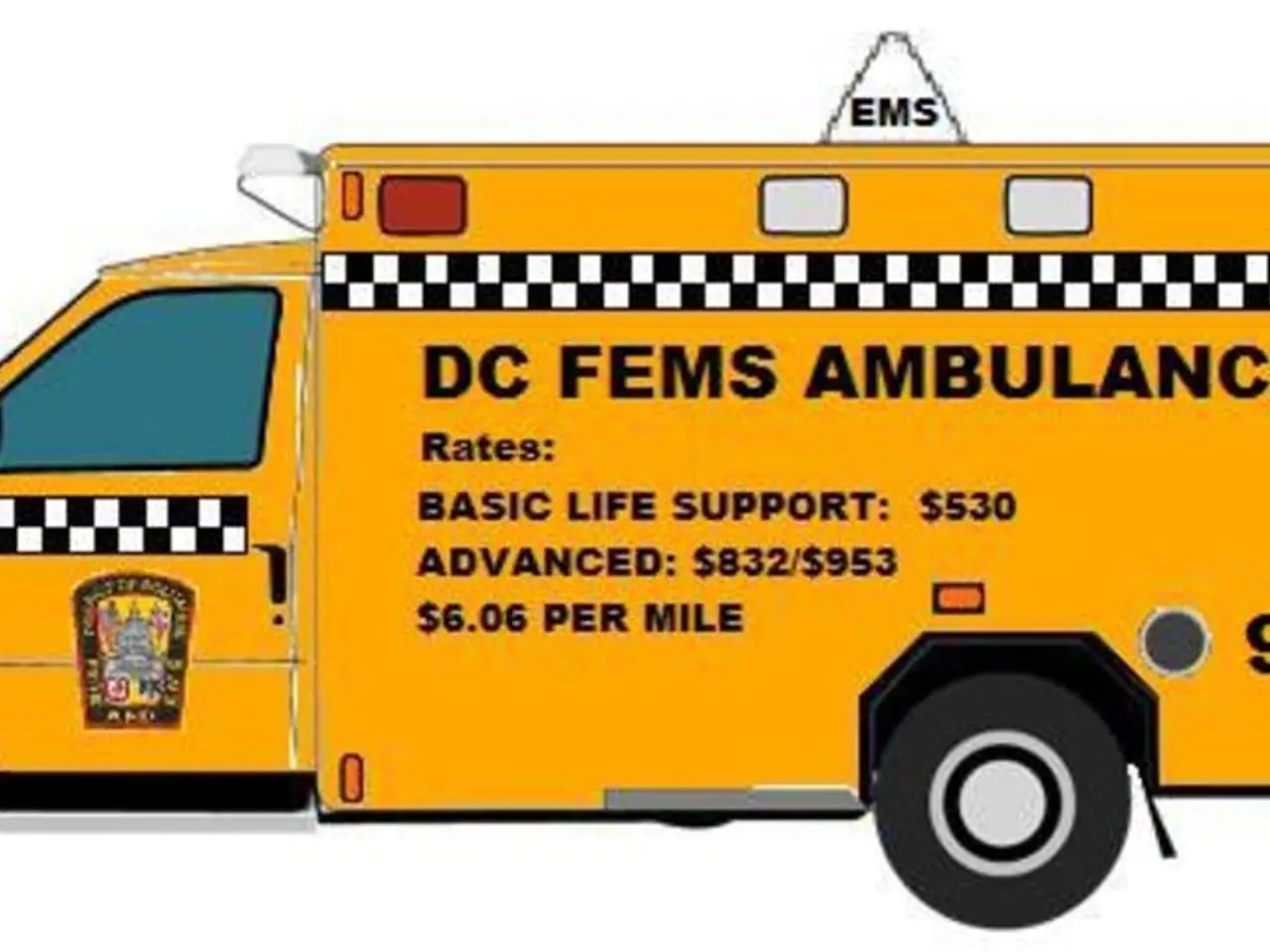AI Streamlines and Eradicates Mistakes in Urgent Medical Care Settings
In a groundbreaking study published in JAMA Network Open, the potential of large language models (LLMs) to generate emergency medicine (EM) handoff notes was examined. The research, conducted at a major New York hospital, analysed over 1,600 EM patient encounters leading to hospital admissions.
The study aimed to determine if integrating artificial intelligence could reduce the documentation load on physicians without jeopardizing patient outcomes. Two LLMs, RoBERTa and Llama-2, were used for different aspects of the task, including identifying relevant content and crafting summaries.
Handoff notes are essential for patient care transitions and can be prone to errors with serious consequences. The findings suggest the potential of LLMs to assist with medical documentation, as they were found to surpass physician-authored notes in terms of detail and alignment with source notes, as indicated by automated evaluations.
However, potential safety risks, including incomplete information and flawed logic, were identified in 8-9% of cases. Despite these risks, none of them were deemed life-threatening. The SCALE approach identified fewer issues in AI-generated notes.
The study used a dual approach: fine-tuned LLMs complemented by rule-based heuristics to ensure notes followed established reporting standards. The average patient age in the study was 59.8 years, and women comprised 52% of the sample.
Interrater reliability assessments among clinicians indicated agreement on criteria such as note correctness and usefulness. Readability ratings were less consistent among clinicians, with LLM-generated summaries generally acceptable but falling short in readability and contextual relevance compared to physician-written notes.
The research also examined cases of hallucinated content in AI-systems, but no specific instances were reported in this study. By automating routine aspects of notetaking, these systems could allow physicians to focus more on direct patient care.
In conclusion, while the study highlights the potential of AI-generated handoff notes in emergency medicine, it also underscores the need for continuous refinement and oversight to ensure patient safety and effective communication. Further research is necessary to optimize these systems for readability and contextual relevance while maintaining their ability to provide detailed and accurate summaries.








